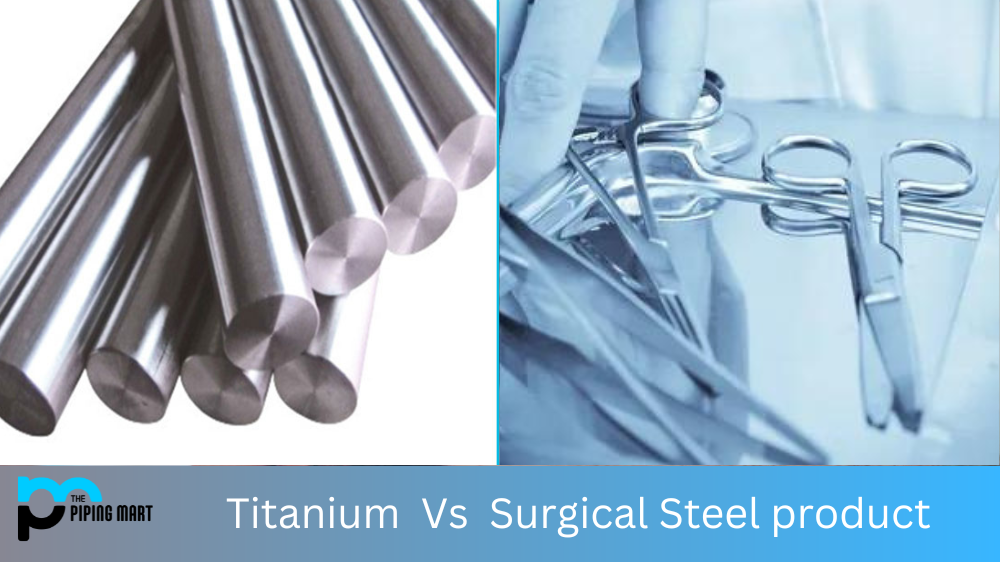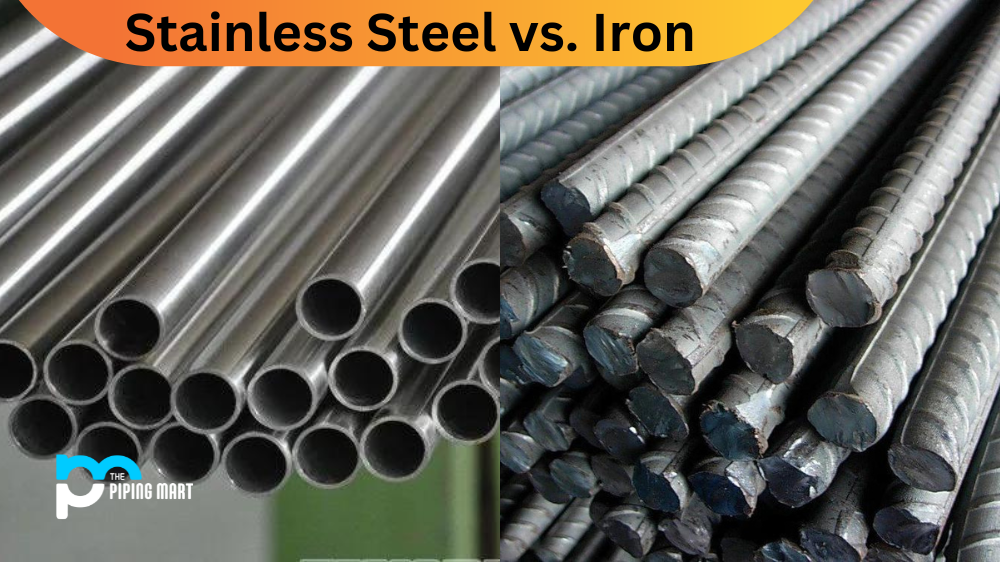If you’re shopping for a product, you may have noticed that there are a lot of different materials to choose from these days. Two of the most popular are titanium and surgical steel. But what’s the difference between them? Let’s take a closer look at the pros and cons of each type of metal so you can make an informed decision about which one is best for you.
What is Titanium?
Titanium is a strong, lightweight metal that is often used for medical implants due to its biocompatibility. This means it can be safely worn against your skin without causing irritation or allergies. It’s also hypoallergenic, so it won’t cause any reaction, even if you have sensitive skin. Plus, titanium products is extremely durable and won’t scratch or tarnish like other metals. However, it can be difficult to work with because it requires special tools and techniques.
What is Surgical steel?
Surgical steel is another popular choice when it comes to products because it is strong and long-lasting. It’s made from stainless steel alloyed with chromium, molybdenum, nickel, or other metals to make it resistant to corrosion and rusting. On top of that, surgical steel is relatively easy to work with compared to titanium because it doesn’t require special tools or techniques.
Titanium vs Surgical Steel
- Titanium is a stronger and more durable metal than surgical steel.
- Surgical steel is less likely to cause an allergic reaction than titanium.
- Titanium is more expensive than surgical steel.
- Surgical steel is easier to shape and mold than titanium.
- Titanium is more resistant to corrosion than surgical steel.
- Surgical steel is non-magnetic, while titanium is magnetic.
- Titanium is lighter in weight than surgical steel.
- Surgical steel is less brittle than titanium.
- Titanium has a higher melting point than surgical steel.
- Surgical steel is available in a wider range of colors than titanium
Conclusion
When choosing between titanium and surgical steel product, there are several factors to consider, such as durability, ease of use, cost, and aesthetics. Ultimately, both types of metal offer great benefits for those looking for quality products that will last for years to come. So before deciding which one is right for you, think about what matters most in terms of style and functionality—then go from there! Good luck!
Meet Heer, a dynamic and driven writer learning tricks of her trade in the metal industry. With a background in Digital Marketing, Heer brings a unique perspective to her writing, sharing valuable insights. Apart from blogging she like reading and hiking.




